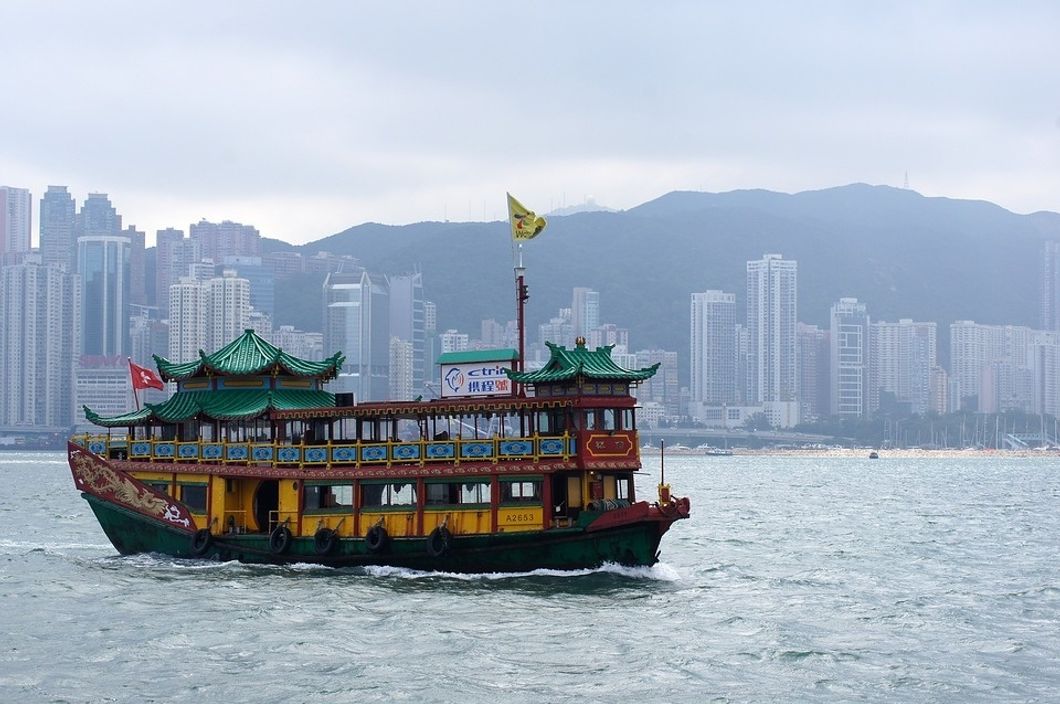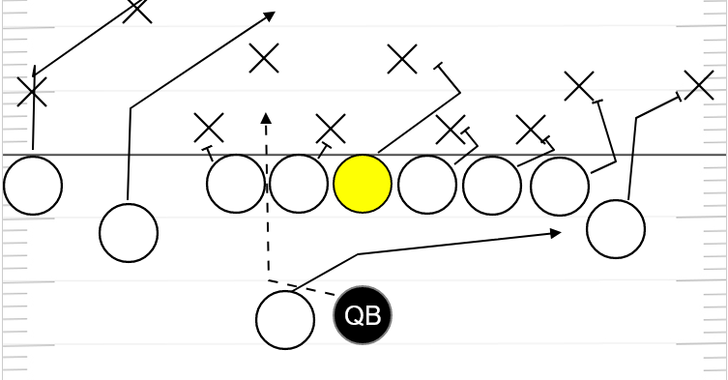The South China Sea dispute is a multipolar issue that involves many powerful nations. The main actors in the dispute include China, Vietnam, Malaysia, the Philippines, Brunei, Taiwan, and the United States. The South China Sea is valuable for its natural resources such as gas, oil, fish and a potential strategic military location. Each country wants their part of the South China Sea, but no one wants to relinquish their claims to a valuable area.
The islands in the South China Sea have been disputed over for centuries with tensions between countries rising and falling throughout the years. Tensions rose again in 2009 when Malaysia and Vietnam proposed a joint submission to the United Nations concerning an area in the South China Sea. China immediately quelled their claims to the area with a note verbale to the United Nations that stated that "China has indisputable sovereignty over the island in the South China Sea." A map was also submitted with the controversial boundaries, also known as the Nine-Dash Line, that encompassed contested land, such as the Paracel Islands, Spratly Islands, and the Scarborough Shoal. The note verbale did not sit well with the nations involved in the land dispute as they refuse to recognize China's claims to the land.
After the declaration of the Nine-Dash Line, several altercations between the ASEAN nations and China occurred. China has taken many hostile actions such as threatening other countries' boats and ships to leave the South China Sea with water cannons. China argued that their aggressions are valid since the other countries are infringing on their sovereignty over the area. In 2014, China and Vietnam had an immense clash due to China moving a water-oil rig into an area Vietnam claims to be theirs. The dispute continued to escalate as China began expanding the islands for potential military use and claiming its legality by saying it is required to protect its sovereignty.
The Philippines has attempted to bring the dispute to legal court in 2013, but the case was never heard until a few years later. In 2016, the Permanent Court of Arbitration sided with the Philippines and declared that China has no real jurisdiction over their claims in the South China Sea — but China dismissed the court ruling and still continued to claim the South China Sea as they were before the court hearing.
The South China Sea Dispute still continues to this day and does not seem to be nearing an end. The South China Sea is a beneficial location to have sovereignty over, so it is expected for the actors in the dispute to go extreme lengths to protect their claims.









 Photo by
Photo by 









































